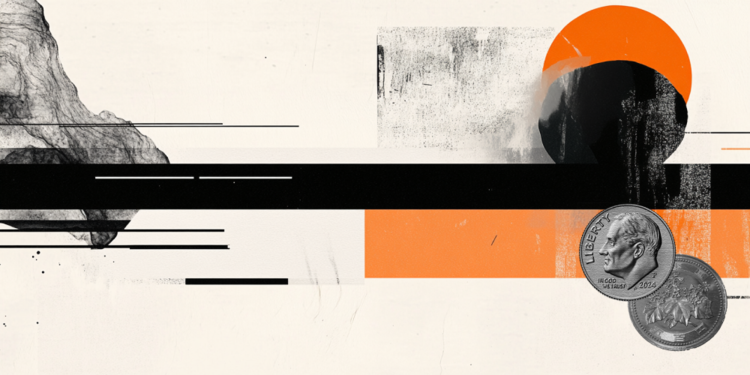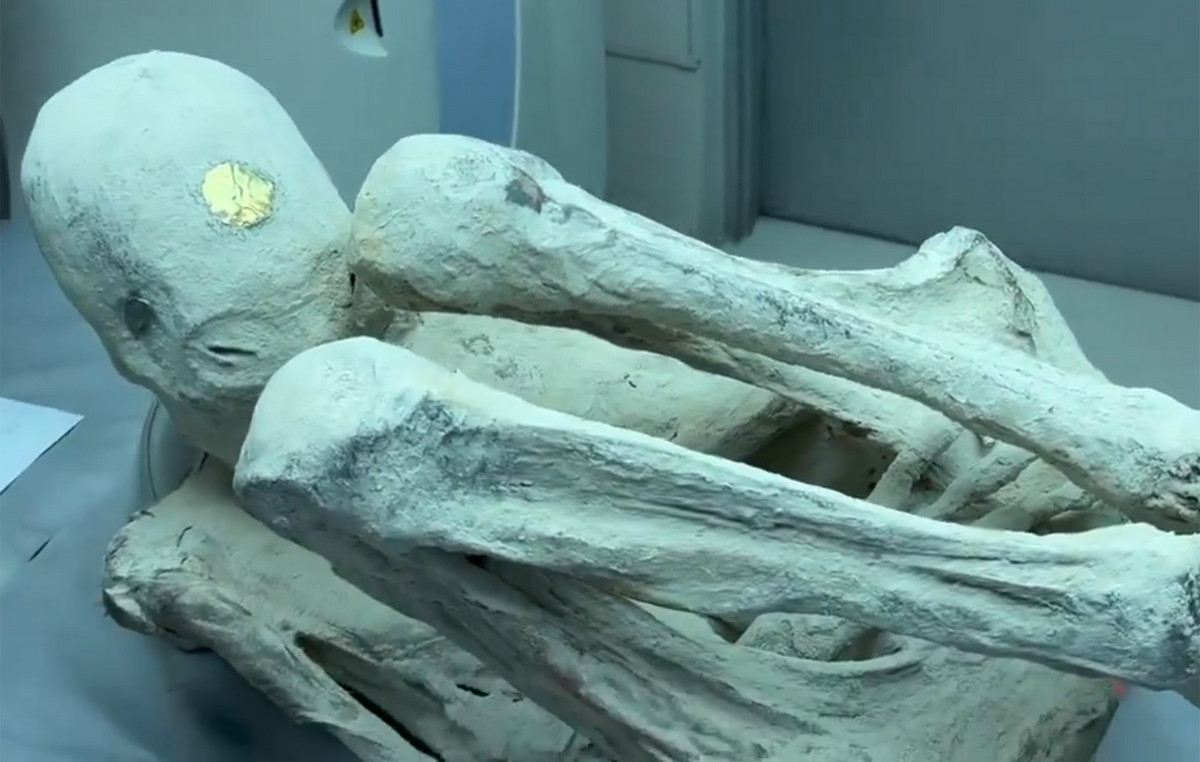An ancient air rises among the buildings. Maybe an arpa, maybe a clarinet. It’s not a concert, it’s not a general test. It is an act of resistance. In the square, musicians and artists of the choir – throughout the month of June, and perhaps even beyond – they meet not to entertain, but to testify. There is no stage, but there are the tools. There are no lights, but there is the living meat of the voices.
AND Music against silence. Against apartheid and genocide in Palestine, A national mobilization project born from below and became, in a few days, a collective score of solidarity. A cry that does not scream, but vibrates. An unprecedented mobilization, promoted by the world of music – that of lyrical theaters, symphonic orchestras and choirs, such as that of the Academy of Santa Cecilia, of the bands and street musicians – but born out of official channels.
From 1 to 25 June, from Florence to Palermo, from Rome to Milan, musicians and artists of the choir will take to the streets with instruments and voices, giving life to spontaneous, public, apolitical concerts.
The press release reads: «Just be silent! For the first time we will play and sing all together, to finally unite the voices that have already taken this struggle in solidarity to the Palestinian people for some time ». A wave of sounds and civil conscience, destined – are certain the organizers – to grow over the weeks.
A civil score
Listening – today – is perhaps the most poetic and political act that we can perform. In a world that has stopped seeing, hearing, speaking, listening is resistance. And the words collected here ask, in fact, to be listened to. As in an escape, a more voices score where the interventions enter one at a time, respond, chase each other. A polyphonic texture of thoughts that questions, Pungola, tells. Because the project Music against silence It is born just like that: from several rumors that get up together – each with their own stamp – but in a constant listening of the other.
Two musicians, Elisabetta Paolini and Carlotta Libinati, and the tenor Carlo Putelli Of the chorus of the Academy of Santa Cecilia in Rome, they tell us the project through what gives him voice and matter: tools and voices. Two souls of the same breath.
The result is a fresco built on one of the founding principles of music: the counterpoint. It is there that the link between voice, resistance and chorality is intertwined with the living matter of playing and singing together: skin, breath, silences, vibrations. A symphony of bodies and consciences.
Counterpoint for Gaza: rumors playing / tools that speak
What was the first thought when you learned about the initiative?
Elisabetta Paolini: «As soon as we learned that from Florence, thanks to a group of musicians from the Teatro del Maggio Fiorentino and the regional orchestra of Tuscany and other free lance, the mobilization” Music against silence “was spreading in other Italian cities, we were caught by a very strong desire to participate. Rome, home to the institutions we want to turn to, could not be absent! ».
Carlotta Libinati: «With a short telephone interview between us, we took the situation in hand. We had no idea how to organize a mobilization of this reach, but in a short time we found very precious collaborators and we started taking the first steps. The sense of community we are trying is really strong and supports us ».
Carlo Putelli: «Before anything else, testimony and memory. And this, as far as I’m concerned, always earned: when with my children I visited the concentration camps of Auschwitz-Birkenau and Fossoli in Italy, and now, while we will sing to break the substantial silence that accompanies the systematic extermination of the Palestinian people by the Israeli government “.
Music, in times of war, is not just art. It’s meat, it is presence. Why did you choose to be there, to play, sing for Palestine today?
Cl «In a world that rewards productivity as a supreme value, our profession is often considered” useless “. This event, on the other hand, demonstrates the great social and community value of music, capable of uniting and giving voice to peoples ».
Epic «For us it is a concrete way to break the silence on this genocide, to be there and move consciences. It is the first genocide live on social networks, but often ignored by traditional media, and speaking openly it risks being confused with anti -Semitism, which we consider false and offensive ».
Cp «Singing for Palestine today means not turning around and using our voice as a action, as a presence that breaks the guilty silence. It is a fragile but necessary gesture. It is a kind but inflexible disobedience. It is a deep act of solidarity for those who are suffering. It’s like declaring to him: “I see you, I listen to you, you are not alone».
Are you talking about the instrument you will play and the role it will play in collective performance?
Cl: «We will play the violin and purple, but there will be tools of all kinds, also choirs and singers. We will use our tools to make noise, to fill a silence that is not that of a concert hall, but that of the world in front of the massacre ».
Epic: “This will not be a simple performance, but a political mobilization in the most genuine sense of the term, a collective participation in something that concerns us all”.
Cp: «The vibrations of music arise from a creative gesture, often aimed at communicating, connecting, cure. Those of weapons, on the other hand, are lacerating, destructive, generated to stop life and any type of bond with it. Singing and playing together is an empathic gesture, an answer as visceral as it is aware. I think it is like a body that refuses to anesthetize and vibrates to transmit beauty in the midst of horror ».
What are the songs you have chosen for this event? Why are those?
Cl: “We will perform the tear of Mozart to express condolence and pain, the hymn to Beethoven’s joy to remember that the ideal of brotherhood will only be possible with Palestine free”.
Epic: “There will also be the Palestinian national anthem Fida’i, a sign of dignity and recognition, and finally Bella Ciao, a singing of resistance shared also by the Palestinians, a symbol of the right to liberation”.
Cp: «The songs, like those chosen by poems by Palestinian authors, tell of exile and roots, loss and resilience; but also of dignity and hope. They bring messages that are not found in the titles of the newspapers or on the mouth of the commentators towards television: for this reason they are immune to any exploitation or polarizing intent. Palestine’s anthem will be in Arabic: to remember that the language of humanity is wider than any pre -established border ».
In this initiative, orchestras, choirs of different cities, with different stories, different bodies are involved. What value does this plurality that harmony be made for you?
Cl: «It is rare in our working world to find opportunities for union like this. It is a wonderful opportunity to create bridges, rediscover community and give new meaning to what we do ».
Epic: “Establishing authentic human connections in such a moment is an important signal of opening and sharing”.
Cp: “In an era that pushes us to isolation, unite becomes a radical act. Coratà, today, is resistance to atomization, selfishness, fear. Singing together is to say: “I am there, but not alone”. That is, a powerful reminder of our interconnection, an act of resistance against every division ».
What do you hope you get to the public who will listen to that morning in the square?
Cl: «We hope that the same sense of urgency and horror that we feel. Being born from this part of the world is a privilege that cannot be indifferent to us in front of the tragedy of those who are battered by bombs ».
Ep: «We Italians are more responsible than we think, because we tacitly contribute with taxes and votes to the maintenance of military agreements with Israel. We no longer want to be accomplices ».
Cp: «That music is a form of non -violent resistance. As I said before, music has just this rare power: that of unattachability, because it can be protest without hatred, memory without revenge, truth without contrasting thesis. On the other hand, even the adhesion to silence is a precise political choice: that adopted by those who, through chaos, exercise their power. But music is never chaos: music is harmony, connection, light on things ».
Have you ever heard, in other historical or personal contexts, that music could break an unfair silence?
Cl: “In historical moments of oppression, music was an instrument of resistance and identity, as during the genocide of the Armenians”.
Epic: «Music was also a form of political dissent, as in Woodstock against the war in Vietnam. But we want to emphasize: this is not an event for peace, but a call to justice and recognition ».
The voice arises from the breath. Today in Gaza there is also that. Carlo, what does it mean for you, while singing, knowing that someone is literally suffocating someone there?
Cp: «To reason it is heartbreaking. Producing sounds through breathing: such a natural act for us and so denied to them. A privilege that we professional singers of the choir of the National Academy of Santa Cecilia and other insignificant choirs cannot be wasted ».
If you could choose to leave in the hearts of those who listen to a single word, an echo that remains even after the silence, what word would it be?
Cp: “”Listen”. Because if you really listen, you can’t remain indifferent. Listening is the first act towards awareness and, perhaps, also towards change ».
Cl and ep: “Make two saying: we remain human!”
Source: Vanity Fair
I’m Susan Karen, a professional writer and editor at World Stock Market. I specialize in Entertainment news, writing stories that keep readers informed on all the latest developments in the industry. With over five years of experience in creating engaging content and copywriting for various media outlets, I have grown to become an invaluable asset to any team.





